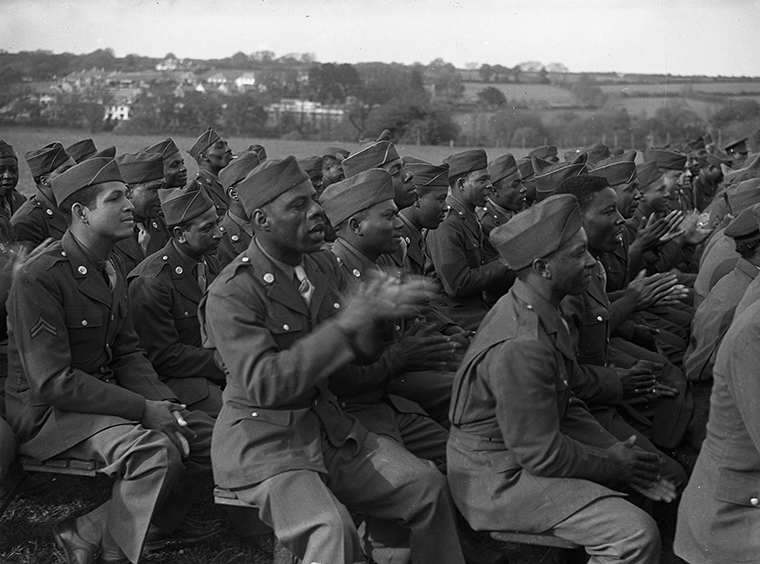Chloe Phillips, Learning Lead at Kresen Kernow, talks us through their work on their Black and colonial histories collections.
What did you do?
We committed to improving our cataloguing and producing collections guides on themes relating to Black and colonial histories, starting with the Caribbean and Transatlantic Slave Trade. In the process of producing collections guides, we tagged items in our collections, checked and improved descriptions, carried out research, introduced new subject terms and replaced awkward, archaic or offensive ones. In the process we have discovered new material and revealed previously hidden histories.
Did you encounter any barriers during the project?
A serious issue was not knowing where to turn for inclusive archive practice or appropriate terminology. We noticed the absence of guidance in the sector and felt like we were ‘making it up as we went along’.
The work countered the common perception of Cornwall as entirely white, with histories of communities of colour marginalised. As a seafaring region, Cornwall has always relied on interaction with the world. The racist trolling and ‘woke-bashing’ whenever we featured a story or item illustrating diverse histories only demonstrates the need to challenge perceptions of Cornwall’s past (and present). We are conscious that the work has been undertaken by white team members, and that the overwhelming majority of our service users are white. However, we are committed to furthering this work, for example, with anti-racism training for our team, and developing a partnership with Black Voices Cornwall.

Black American GIs in Cornwall during World War II. Photographed by George Ellis (E8680).
What were the outcomes for service users?
The immediate outcomes were a new Black histories webpage, and changes to the tone and content of our Cornish Overseas webpage. We have also completed the first three collections guides (Caribbean and Transatlantic Slave Trade, Africa, and Australia, New Zealand and Pacific Islands). Our website includes a new online exhibition on the project and we have ongoing social media content.
Staff are better informed about the collections, while the collections guides make it easier for researchers to find material, greatly aided by the improvement in tagging (a search for ‘Caribbean’ in our collections used to return 7 results and now returns over 200).
We hope service users (particularly people of colour) will find themselves better represented in our collections and interpretation.
What did you learn from the process?
We discovered hidden histories, records that had been poorly tagged and described, and records that contained potentially upsetting histories. By approaching collections in different ways, we uncovered different findings.
The work has been a cross-team collaboration (learning, archive and library) – a new way of working for us – with a dedicated team working on the project, so productivity and engagement remained high.
Challenges around labelling and ‘othering’ remain unresolved. We have become aware that archives in the UK are largely dominated by white British communities, and we are seeking guidance on how to improve representation. A cataloguing backlog and historical cataloguing practices mean we may have overlooked some records and themes.
If someone was thinking about taking on a similar project, what advice you would give them?
Do it! It is vital to challenge past narratives and present a more honest representation of the past. Don’t be put off by the inevitable backlash, but do prepare for it, and ensure staff are well informed and supported.
A project like this will take longer than you expect, so break it into chunks. Build in time for background research and familiarise yourself with historical context.
How will this work be developed in the future?
We identified a gap in our collections for more recent records of communities of colour in Cornwall, and will seek opportunities to work with these communities to rectify this. We are also looking to embed the findings into our ongoing projects, partnerships and other activities to create a truly anti-racist organisation and, ideally, archive collection.
Kresen Kernow have produced an Black histories webpage, with more information about the project.
Chloe Phillips, Learning Lead